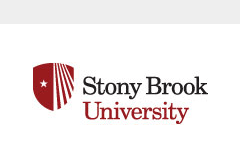Document Type
Article
Publication Date
2020
Keywords
libraries, library programming, information literacy, instruction
Abstract
This paper considers library programming as a means of extending and enhancing the academic library’s pedagogical mission and role in student success. Scholarly programming in the form of faculty speakers, film screenings, or other kinds of research-based events creates opportunities for students to join an academic community and to practice critical thinking skills learned in class. These presentations inscribe the library within the students’ journey from student to scholar, highlighting its importance as a nexus for scholarly exchange. At the same time, this programming strengthens the library’s mission by encouraging engagement with the campus, interdisciplinary research, and efforts to support diversity and inclusion. Drawing on the Association of College and Research Libraries Framework for Information Literacy for Higher Education and concepts in critical thinking in the liberal arts, this paper examines the role of programming in the academic library’s instructional and formative mission. Library programming can help students become informationally literate, thoughtful consumers and producers of content.
Creative Commons License

This work is licensed under a Creative Commons Attribution-NonCommercial-No Derivative Works 4.0 International License.
Recommended Citation
Kasten-Mutkus, Kathleen, "Programming as Pedagogy in the Academic Library" (2020). Library Faculty Publications. 41.
https://commons.library.stonybrook.edu/library_articles/41

Comments
Copyright Johns Hopkins University Press